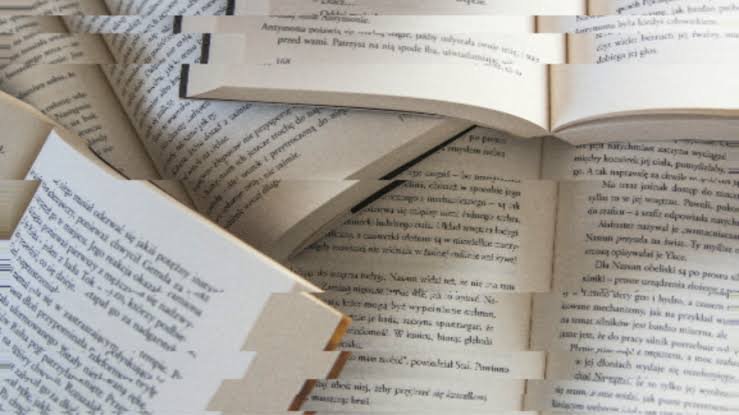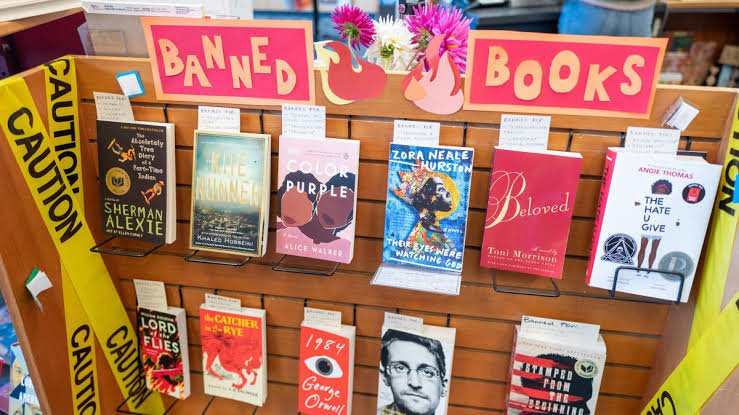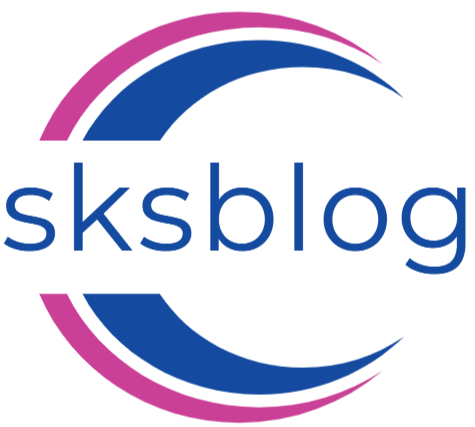
Minnesota and other states with Democratic leadership are taking a huge step against censorship by drafting legislation to outlaw book bans. This project is particularly concerned with protecting books that explore LGBTQ+ themes, as well as those dealing with sexuality, gender, and race.
Legislation has already been passed in Washington and Maryland this year, while Illinois passed identical legislation last year. The subject was also a major source of debate during Oregon’s brief legislative session, when a bill cleared the Senate but did not make it to the House floor.
The reaction is in response to a trend in more conservative areas, where book challenges and bans have reached historic highs. According to the American Library Association, over 4,200 works in school and public libraries were targeted in 2023, representing a significant rise from the previous high of approximately 2,600 books in 2022. Many of the contested novels, around 47%, contained LGBTQ+ and racial issues.
Conservative parents and activists, on the other hand, have claimed that some of these publications are inappropriate for young readers due to their sexual content. National organizations such as Moms for Liberty push for increased parental control over the books available to their children. However, legislative attempts in these Democratic-led states reflect a growing opposition to such resistance to such restrictions, aiming to ensure that diverse voices and stories remain accessible in libraries and schools.
How do these laws define censorship : Minnesota ?

Minnesota and other Democratic-led states’ laws define censorship in the context of book bans as the prohibition of works from public and school libraries due to content or ideological objections.The Act seeks to ensure that library professionals make judgments about whether books will or will not be available, rather than being swayed by ideological or content limitations.
This strategy is intended to defend the freedom to read and access a wide range of literature, particularly those dealing with LGBTQ+ issues.Sexuality, gender, and race. By doing so, these governments are actively seeking to reverse the trend of growing book challenges and bans, which has been recorded in more conservative states.
The definition of censorship according to Minnesota and other agencies in these statutes is essential because it directly addresses concerns about the removal of works from libraries and classrooms that represent different perspectives and experiences. The legislation emphasizes the necessity of professional discretion in library management, as well as the ability to access knowledge without being restricted due to personal or political opinions.
What are the criteria for book challenges?

The criteria for book challenges according to Minnesota and other agencies vary, particularly in the setting of public libraries, but are often based on the items’ content. Here are some common causes for a book challenge:
1.Sexually Explicit Content: Certain books are contested because they are deemed “sexually explicit.” This objection frequently occurs in response to explicit descriptions of sexual activities or themes.
2. Offensive Language: Books that use offensive language, such as profanity or slurs, may be challenged. The notion of what constitutes foul language varies greatly.
3.Unsuitability for Age Groups: Materials that are labeled “unsuitable for any age group” may confront problems. This objection frequently refers to the suitability of content for specific age groups, such as children or young people.
It’s crucial to recognize that similar issues can arise in both public and school libraries. Public libraries often have policies in place to guide material selection and acquisition, providing a diverse range of perspectives while conforming to the institution’s philosophy and mission. The goal is to achieve a compromise between ensuring access to diverse information and adhering to community norms.
Furthermore, obstacles might be increased by political or ideological issues, and removing books from libraries can have an impact on conversations and comprehension of tough themes. Intellectual freedom advocates emphasize the significance of retaining access to a diverse range of resources, even in the face of opposition.
for more info follow our website.
